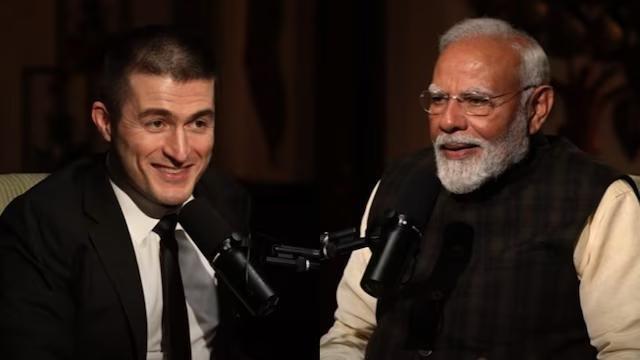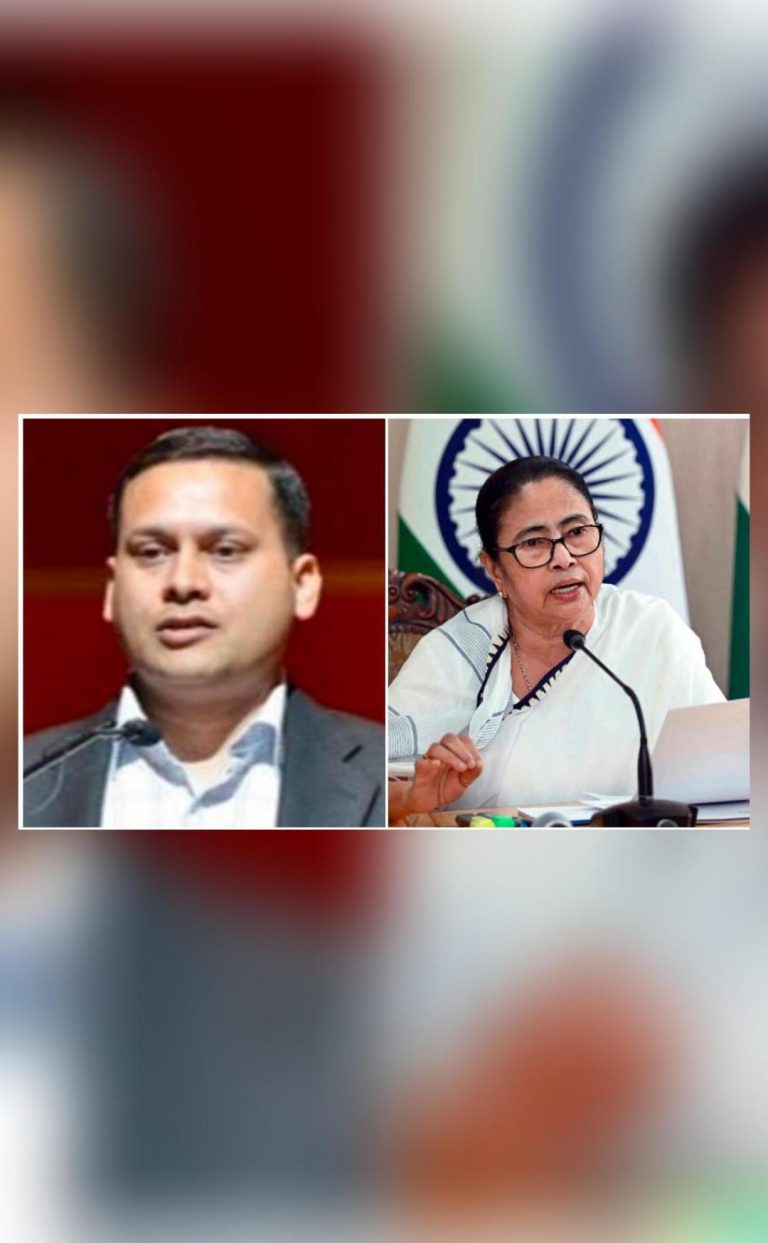
How Do You Deal with Criticism? Fridman Asks PM; He Replies
As a society, we are constantly bombarded with opinions, perspectives, and feedback from various sources. Whether it’s on social media, online news outlets, or face-to-face interactions, criticism is an inevitable part of our daily lives. But how do we, as individuals, deal with criticism? Do we welcome it, ignore it, or try to silence it? These questions were recently posed to Prime Minister Narendra Modi by podcaster Lex Fridman, and the PM’s response offers valuable insights into the importance of criticism in a democratic society.
In a recent video interview, Fridman asked PM Modi, “How do you deal with criticism?” The PM’s response was straightforward: “I welcome criticism. I’ve a strong belief that criticism is the soul of a democracy.” He emphasized that criticism is essential for the growth and development of a society, and that it should be encouraged and fostered.
However, PM Modi also acknowledged that not all criticism is constructive or helpful. “I believe we should have more criticism, and it should be sharp and well-informed,” he said. But he lamented that what we often see today is not genuine criticism, but rather “fake criticism” that is based on misinformation or personal biases.
So, what is the difference between genuine criticism and fake criticism? According to PM Modi, genuine criticism requires “careful analysis” and a deep understanding of the issues at hand. Fake criticism, on the other hand, is often superficial and lacks substance.
The PM’s emphasis on the importance of criticism in a democratic society is well-taken. In a democratic system, criticism is not only a right but also a responsibility. It is the duty of citizens to hold their leaders accountable for their actions and decisions, and to question and challenge the status quo.
Moreover, criticism is essential for the growth and development of individuals and organizations. It allows us to learn from our mistakes, to improve our performance, and to become better versions of ourselves. In fact, many successful individuals and organizations attribute their success to the criticism they received along the way.
However, criticism can also be difficult to handle, especially when it is harsh or unfair. As PM Modi noted, “Genuine criticism requires careful analysis,” and it is easy to get defensive or emotional when faced with criticism that we don’t agree with.
So, how can we deal with criticism in a constructive and healthy way? Here are a few tips:
- Listen carefully: When someone is criticizing you, make sure to listen carefully to what they are saying. Don’t interrupt or get defensive, but rather take the time to fully understand their perspective.
- Stay calm: It’s natural to feel upset or angry when criticized, but try to stay calm and composed. Avoid reacting impulsively or emotionally, and take the time to think carefully about the criticism.
- Analyze the criticism: As PM Modi noted, genuine criticism requires careful analysis. Take the time to think about the criticism and analyze it objectively. Identify what is valid and what is not, and use that feedback to improve yourself.
- Respond thoughtfully: When responding to criticism, try to be thoughtful and measured. Avoid getting defensive or emotional, and instead focus on addressing the specific points raised by the critic.
- Seek feedback: Finally, don’t be afraid to seek feedback and criticism from others. Ask for feedback on your performance, and be open to constructive criticism.
In conclusion, criticism is an essential part of a democratic society, and it is crucial that we learn to deal with it in a constructive and healthy way. By listening carefully, staying calm, analyzing the criticism, responding thoughtfully, and seeking feedback, we can turn criticism into an opportunity for growth and development.
Source:
https://youtu.be/ZPUtA3W-7_I





